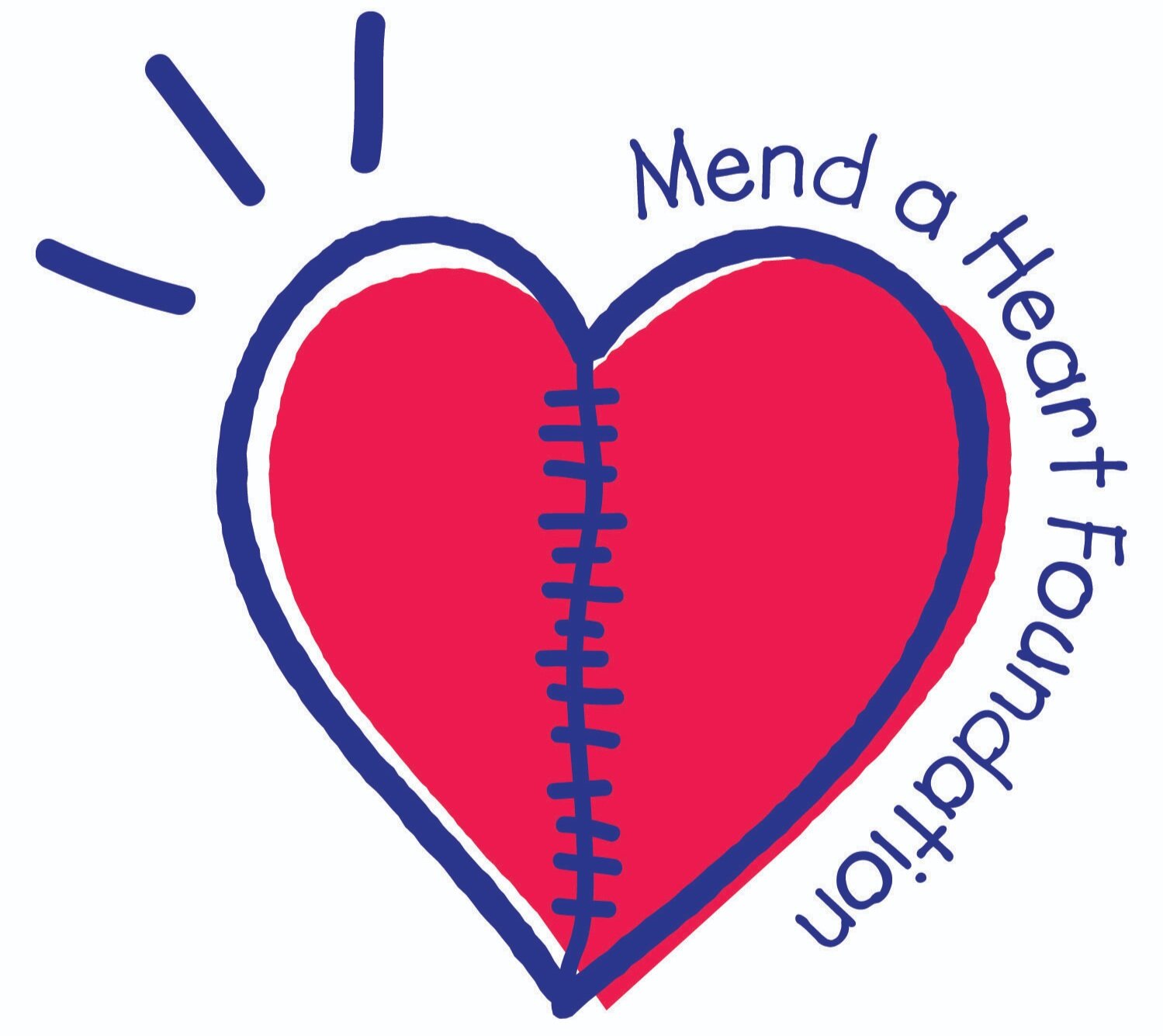Surgeons Helping Surgeons Take Better Care of Children: The Development of a Peer Coaching Model for Congenital Heart Surgeon
Brett Anderson MD MBA MS & Damien LaPar MD MSc
Amount Funded: $71,100
Congenital heart defects are the most common birth defects managed in the United States, affecting one in a hundred children. While there have been significant improvements in outcomes for these children over the last several decades, for children who require surgery, the chances of death or other poor outcomes remain too high. We have shown that there is significant variation in outcomes between surgeons. We have also shown that congenital heart surgeons want to get better and are willing to help and learn from each other.
In this study we propose to expand previous work to examine variation in surgical techniques, associations between different techniques and outcomes, and then to develop and test models of peer coaching for congenital heart surgeons so that they can share knowledge, learn from each other, and take better care of their patients. Investigators from the Congenital Heart Technical Skill Study (CHTSS) will partner with surgical leadership from the National Pediatric Cardiology-Quality Improvement Collaborative (NPC-QIC) and the video analytic expertise of Heartwork Videos. The CHTSS collected direct video observation of operating surgeons and linked peer ratings of surgeon technical skill from these videos to outcomes data from a national clinical registry. The NPC-QIC has a strong track record of developing and implementing national quality improvement initiatives to improve the care for children with congenital heart disease. Together, we will first analyze pre designated key segments of 210 congenital heart surgical videos submitted under the Congenital Heart Technical Skill Study for >50 surgeons from across the US. We will link video analytic data to a national clinical registry and assess associations between the types of surgical techniques used and patient outcomes, controlling for differences in patient complexity and peer rankings of skill. We will also feed back our results to surgeons to immediately allow them to use our findings to improve their own techniques. Finally, we will use focus groups and national surveys to develop prototype models for peer surgeon coaching, employing qualitative and quantitative market research techniques to test the interest in and potential barriers to peer coaching implementation for congenital heart surgeons.
Implementation of this study would define variation in techniques between surgeons, assess associations between differences in techniques and outcomes, and develop a model for surgeons to share knowledge with each other. Our long-term goal is for surgeons at all stages of their careers to have a safe and feasible method of learning from each other and improving the care they provide.

